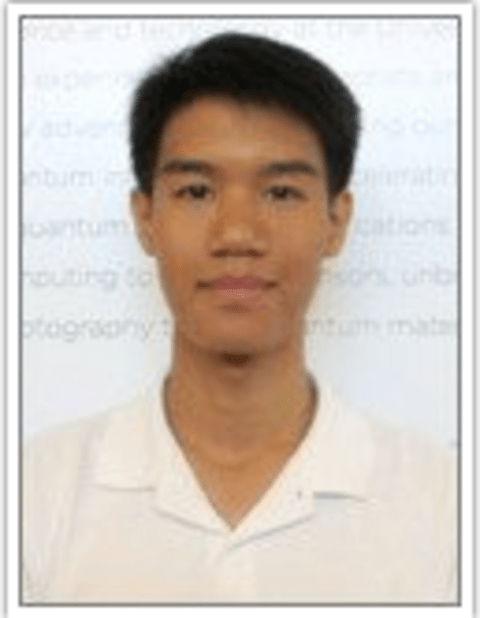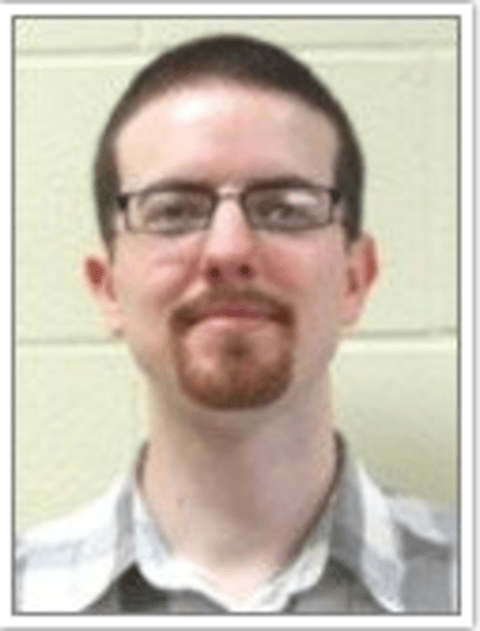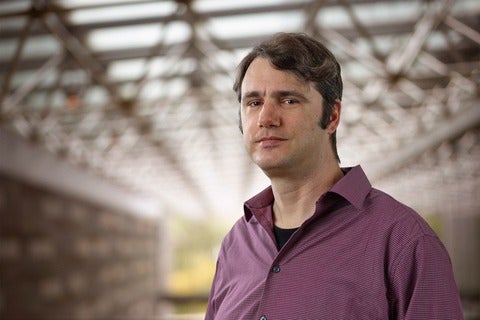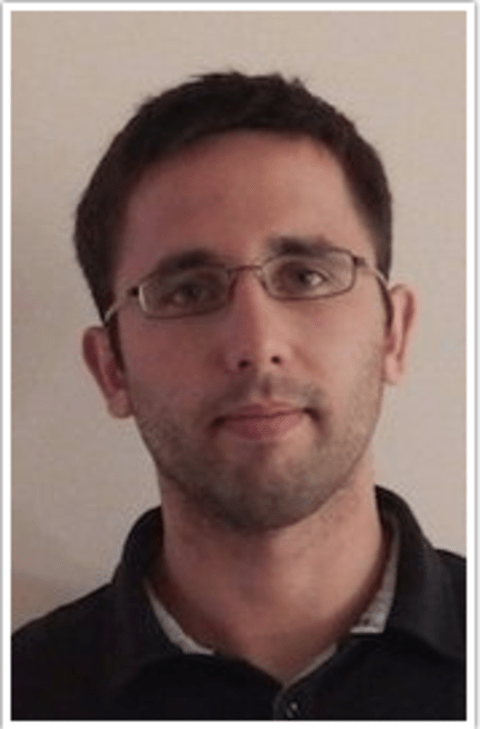Dissipative stabilization and manipulation of Schrödinger cat states for quantum error correction
Alexander Grimm, Yale University
In recent years, circuit quantum electrodynamics (QED) has seen considerable efforts towards protecting quantum information from unwanted sources of decoherence through quantum error correction. Independent of the implementation, this is based on encoding a logical qubit into a stable manifold within a larger Hilbert space, whose symmetries restrict the number of independent errors and make them detectable and correctable.

 Candidate: Theerapat Tansuwannont
Candidate: Theerapat Tansuwannont

 Jon Yard, IQC
Jon Yard, IQC
 Candidate: Dusan Sarenac
Candidate: Dusan Sarenac Surface acoustic waves (SAWs) are acoustic phonons that travel along the surface of a material and have been used for a wide variety of purposes, from RF filters to acoustic cavities to biosensors.
Surface acoustic waves (SAWs) are acoustic phonons that travel along the surface of a material and have been used for a wide variety of purposes, from RF filters to acoustic cavities to biosensors.